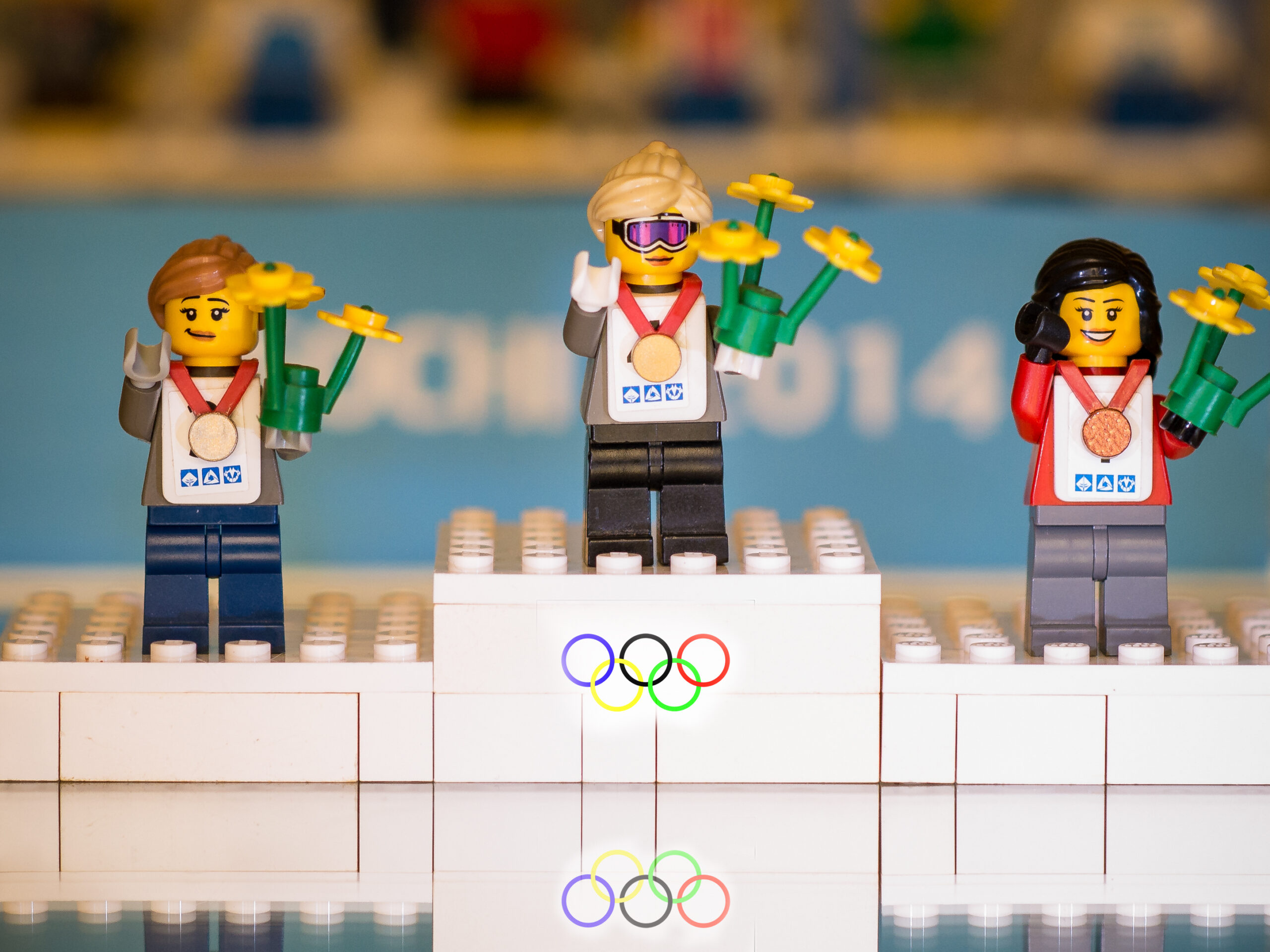It may sound trite, but the Olympic Games truly are a chance to witness what unites us all as human beings: Our joy in triumph and our anguish in defeat.
David Matsumoto believes this truism, but on an entirely different level.
Matsumoto is a professor of psychology at San Francisco State University and a former Olympic judo coach. He has analyzed the behavior of Olympic athletes. He spoke recently with Shankar Vedantam about what his research reveals.
Matsumoto and his colleagues used a high-speed camera to analyze the faces of judo players immediately after the medal matches at the 2004 Olympic games in Athens. They examined 84 athletes from 35 different countries. The study found striking similarities in how athletes responded in the first milliseconds following victory (smiling) or defeat (sadness or no expression). The athletes’ responses eventually diverged in culturally specific ways, but not before displaying consistent expressions. Previous research has shown similar results, but Matsumoto says this was the first study set in such a high-stakes, real-world competitive environment.
The findings suggest humans’ immediate reactions to victory and defeat are universal in nature. But Matsumoto couldn’t rule out the possibility that these consistent reactions were all learned by athletes after watching others.

9(MDAxODM0MDY4MDEyMTY4NDA3MzI3YjkzMw004))





